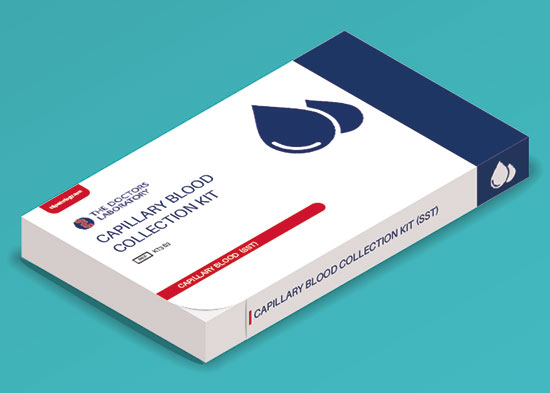The Amylase Blood Test measures the level of amylase, an enzyme primarily produced by the pancreas and salivary glands. This test helps diagnose and monitor conditions related to the pancreas, digestive system, and other health issues.
Blood Test Cost – £89
What Is Amylase?
Amylase is an enzyme responsible for breaking down starches into sugars during digestion. It is primarily produced in the pancreas and salivary glands, with smaller amounts also found in other parts of the body. Elevated or decreased levels of amylase can indicate various medical conditions, particularly involving the pancreas.
Why Is the Amylase Test Performed?
This test is commonly ordered to:
- Diagnose pancreatitis (inflammation of the pancreas).
- Detect other pancreatic conditions, such as pancreatic tumors or blockages.
- Assess digestive system issues such as infections or blockages.
- Monitor patients with conditions affecting the pancreas or salivary glands.
Symptoms That May Lead to an Amylase Test
Your doctor may recommend an amylase test if you experience:
- Severe abdominal pain
- Nausea or vomiting
- Fever
- Bloating or digestive discomfort
- Jaundice (yellowing of the skin or eyes)
How Is the Test Conducted?
- Sample Collection: A healthcare professional will draw a blood sample from a vein in your arm.
- Lab Analysis: The blood sample is tested to measure the amylase levels.
- Results Interpretation:
- Normal Range: Typically 30–110 units per liter (U/L), but this can vary by lab.
- Elevated Amylase Levels: Often indicate pancreatitis, gallstones, or kidney problems.
- Low Amylase Levels: May suggest pancreatic or salivary gland issues.
Common Conditions Linked to Abnormal Amylase Levels
- Elevated Amylase Levels: Conditions such as pancreatitis, gallstones, pancreatic cancer, or kidney failure.
- Low Amylase Levels: May indicate pancreatic insufficiency, damage to the pancreas, or other health conditions like cystic fibrosis.
Preparation and Risks
- Preparation: Generally, no special preparation is required, but you may be advised to avoid certain foods or medications that could affect amylase levels.
- Risks: The test involves minimal risks, such as slight bruising or discomfort at the blood draw site.
To book please use the link below or call our friendly team on 01443 303003.
To Book with our Phlebotomist please click the calendar below and find a suitable time for your appointment
Amylase – Self Test Kit
Our test at home kit for Amylase. A capillary blood sample collection kit used for…







